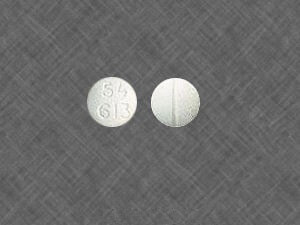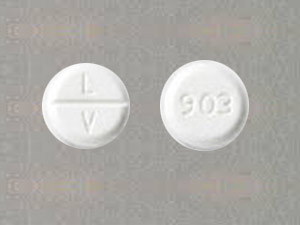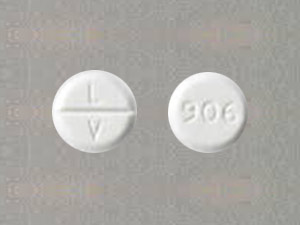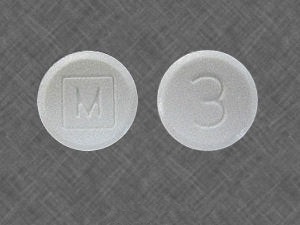Showing all 4 results
-
Codeine 15mg
$353.00 – $753.00Select options This product has multiple variants. The options may be chosen on the product page -
Codeine 30mg
$373.00 – $753.00Select options This product has multiple variants. The options may be chosen on the product page -
Codeine 60mg
$403.00 – $803.00Select options This product has multiple variants. The options may be chosen on the product page -
Codeine 300/30mg
$363.00 – $783.00Select options This product has multiple variants. The options may be chosen on the product page
What is Codeine?
Codeine is a pain medication that comes under the class of opioids (also called narcotics). It is used to treat mild to normal pain. Generic Name: codeine (KOE deen). The chemical formula for Codeine is Morphinan-6-ol, 7,8-dihydro-4,5-epoxy-3-methoxy-17-methyl-(5α,6α)-, sulfate (2:1) (salt), trihydrate. Each tablet of Codeine contains 15mg, 30mg, or 60mg codeine sulfate. Codeine is used to relieve pain where an opioid analgesic is needed. For convenience, you can also Buy Codeine Online.
Uses:
- The medication is used for the treatment of mild to moderate pain.
- It belongs to the class of narcotic medications.
- Codeine works inside your brain to relieve pain.
- It goes into the brain and acts on the central nervous system and changes the way the body responds to pain.
- Codeine creates calming effects in the brain, thus causing relief from the pain.
Dosage:
The dosage schedule of the Codeine should be made according to the individual patients, taking into account the need for the patient and prior medical history. Before starting the dosage of Codeine, the following should be taken into account:
- the narcotic and it’s dosage that the patient had taken before,
- calculation of equivalent codeine sulfate dose needed,
- patient’s opioid tolerance,
- medical status of the patient,
- the general condition of the patient,
- ongoing medications,
- the severity of pain,
- the need for medication,
- risk of abuse and addiction.
The usual dosage for an average adult patient is 15mg to 60mg orally every 4 hours, or as directed by the doctor. The maximum dose should not exceed 360mg in 24 hours. Doses higher than 60mg are not evident in curing the pain; instead, they have a high risk of addiction and other adverse effects. Always take the lowest effective dose of the Codeine for the shortest duration due to the high risk of abuse and addiction. Monitor the patients for any signs of respiratory depression after the commencement of the dosage.
Side Effects:
The severe side effects of the Codeine are:
- Addiction
- Abuse
- Life-threatening respiratory depression
The most common side effects of the medication are as follows:
- Bloating
- Blurred vision
- chills
- cold skin
- confusion
- constipation
- dark urine
- breathing problems
- dizziness
- faintness
- lightheadedness
- fast or irregular heartbeat
- slow or fast pulse
- warmth
- fever
- indigestion
- shallow breathing
- loss of appetite
- nausea
- no blood pressure
- no pulse
- no breath
- stomach or back pain
- pale lips
- redness of face
- stopping of heart
- sweating
- unconsciousness
- yellow eyes or skin.
Symptoms of overdose are the following:
- bluish lips
- irritated skin
- chest pain
- discomfort in the chest
- constricted or small pupils
- decreased responsiveness
- unusual drowsiness
- irregular heartbeat
Warnings:
Do not take Codeine if you have:
- severe breathing problems
- blockage in your stomach
- intestinal problem
- asthma attacks
- hyperventilation
Consult your doctor if you ever had the following diseases:
- liver diseases
- asthma
- COPD
- sleep disorders
- curvature of spine
- kidney diseases
- head injury
- brain tumor
- low blood pressure
- pancreatic dysfunction
- Addison’s disease
- Enlarged prostate
- urination problems
- mental illness
- drug addiction
- alcohol addiction.
The medicines for some diseases can interact with Codeine and cause Serotonin Syndrome. Tell your doctor if you take:
- stimulant medicines
- herbal products
- doses for depression
- the medication of mental illness
- drugs for Parkinson’s disease or migraine headache
- cure for severe infections, nausea, and vomiting.
Addiction And Abuse:
Codeine addiction could develop by continued usage of the medication. It is not as addictive as the other opioids, but it can be a habit-forming drug. Codeine is derived from morphine and affects the same region of the brain as opioids, making it an addictive drug. The long term prescription and usage of Codeine, which lasts up to several months, can result in the addiction of Codeine. Prolonged use built tolerance in the patients and a need to consume more and more drugs to feel relaxed. The dependency of Codeine is the first step towards drug addiction and abuse. Codeine and alcohol are both CNS depressant when taken together cause high risks of abuse and fatal respiratory issues. People who are addicted to codeine use it with many other substances such as benzodiazepines, to achieve the maximum effects of calmness and well being. It leads them to significant health risks and even coma if taken in higher doses. Some people take Codeine with stimulants such as cocaine and methamphetamines to decrease the side effects of these stimulants. This can lead to cardiovascular failures. The patients who develop an addiction to Codeine need medical attention and professional help to overcome codeine abuse.




